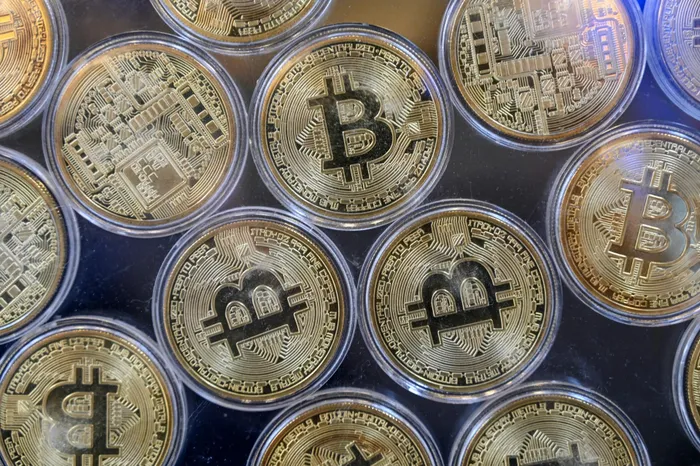
Discover essential insights into cryptocurrency for South African consumers, including how to spot scams and safeguard your investments.
Image: AFP
Cryptocurrency has changed the way we think about money, but for many South Africans, it’s still an unfamiliar and confusing space. It’s digital, fast-moving, and full of both opportunities and risks. And while crypto offers exciting ways to invest and make transactions, it also comes with scams, speculation, and serious pitfalls.
As a personal finance editor, I’ve seen stories of people who invested in Bitcoin or Ethereum at the wrong time, lost thousands to scam platforms, or blindly followed advice from influencers promising instant wealth.
I even experienced it myself. A few years ago, I was approached by someone claiming they had a guaranteed investment strategy that would double my money in a month. I hesitated, after all, the numbers looked convincing, and the platform was filled with “success stories” of investors who had allegedly made millions. But something felt off. After checking the provider's credentials, I discovered it wasn’t licensed by the Financial Sector Conduct Authority (FSCA). Just weeks later, the platform disappeared, taking countless investments with it.
That moment solidified my belief: knowledge is your best weapon in the world of crypto.
Crypto assets are essentially digital money, stored and traded electronically using a blockchain, an online record that keeps transactions secure and cannot be easily changed. The two most well-known crypto assets are:
While both have strong potential, they also come with intense volatility. Prices can skyrocket and crash within days, meaning there’s as much risk as there is reward.
Crypto fraud is nothing new, but as the FSCA officially recognised crypto as a financial product in 2022, scams have evolved to target both beginners and experienced investors.
South Africa has seen an alarming increase in crypto-related fraud. A study by Kaspersky found that over half of users in the country have been affected by crypto scams, while only 24% felt well-informed about cryptocurrency risks.
Scammers know how to play on emotions, promising fast money with low effort. That’s why recognising red flags is critical.
Here are five warning signs that the FSCA says consumers must watch for:
To combat fraud, the FSCA introduced licensing for Crypto Asset Service Providers (CASPs) in 2023.
This means South Africans can now check if a provider is legitimate before investing. If a platform isn’t licensed, avoid it completely.
If you suspect a crypto scam, contact the Financial Advisory and Intermediary Services (FAIS) Ombudsman.
For further consumer protection, you can also reach the FSCA Consumer Help Centre at 0800 20 3722.
Crypto is an exciting new space, but it’s also one where bad actors thrive. The best way to protect your wealth is to educate yourself, use regulated service providers, and never invest blindly.
As I learned through my close call with a scam, if something feels too good to be true, it probably is.
* Maleke is the editor of Personal Finance.
PERSONAL FINANCE